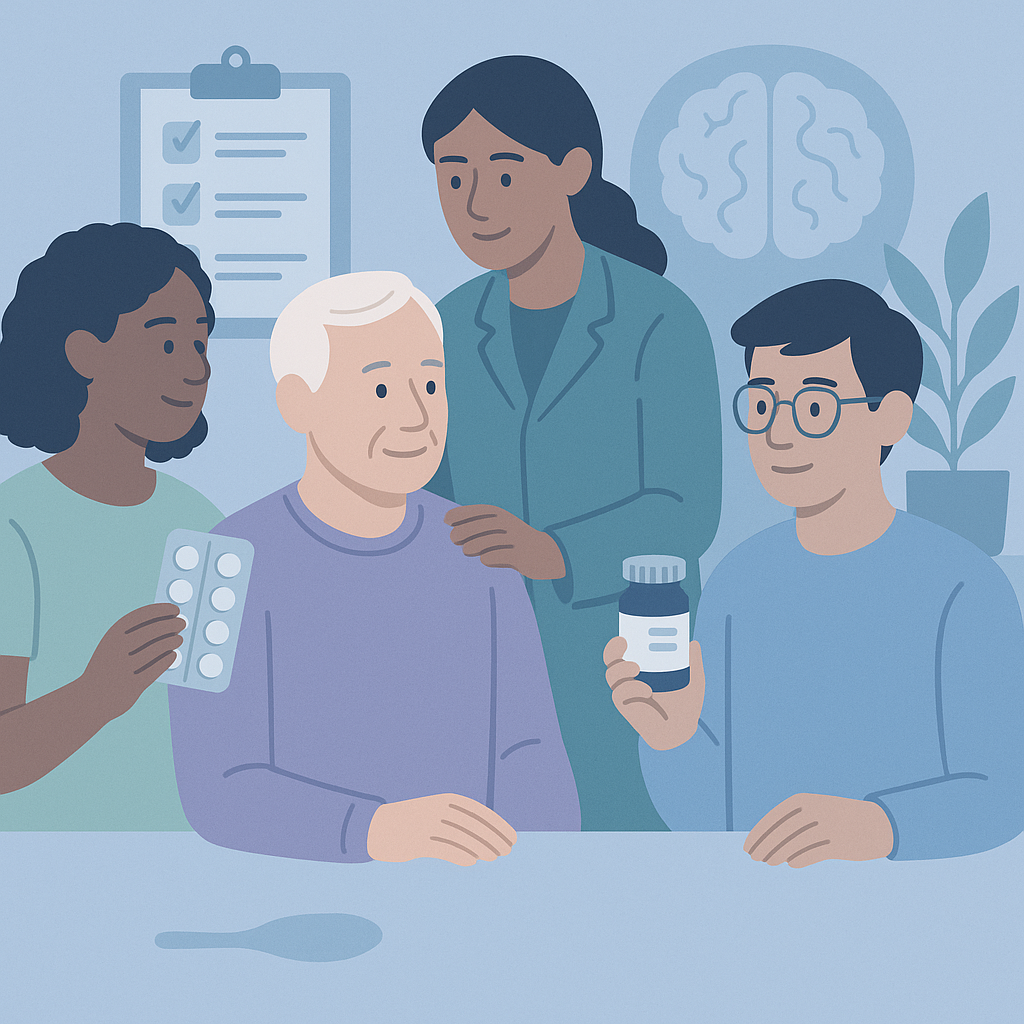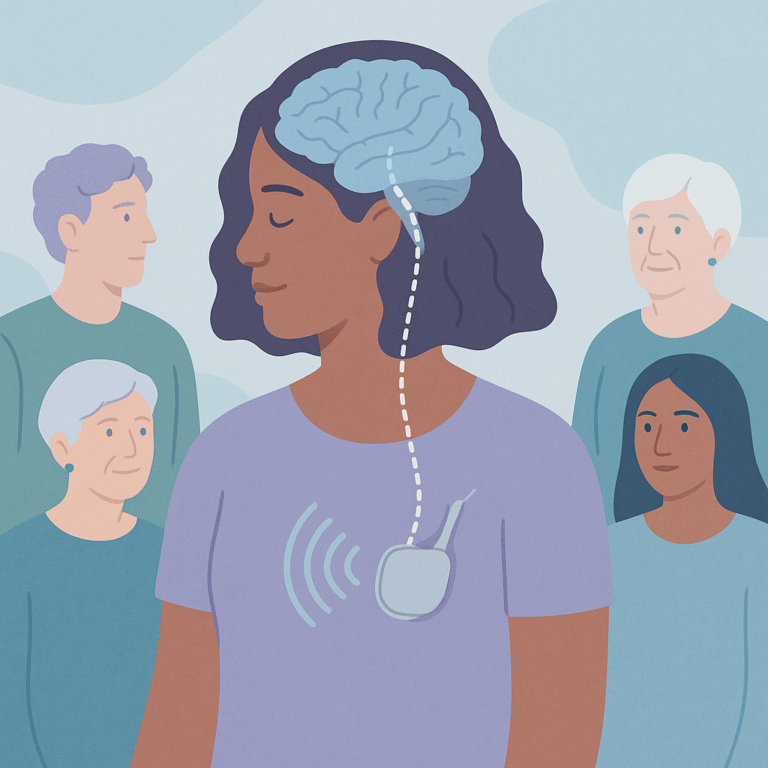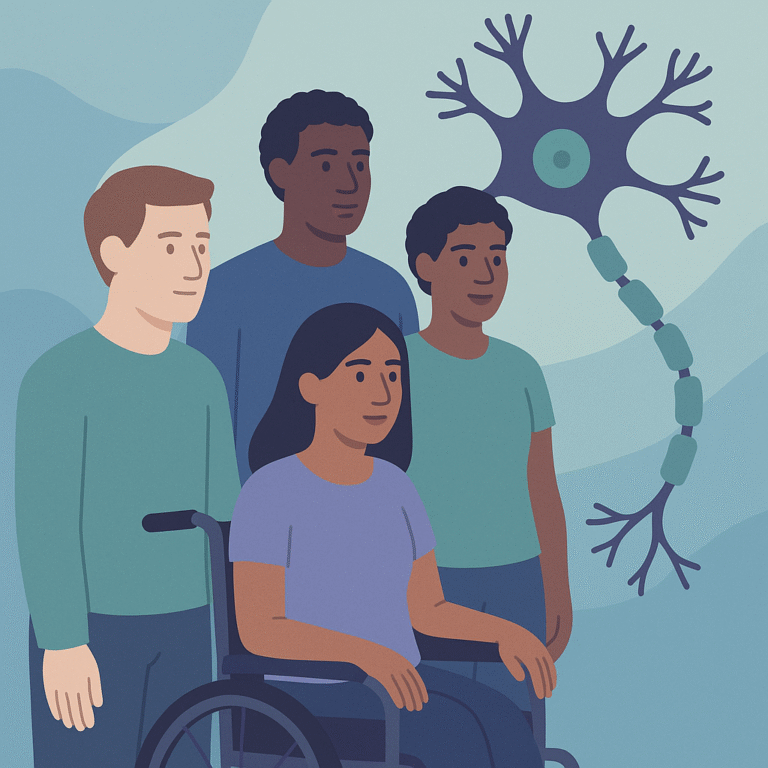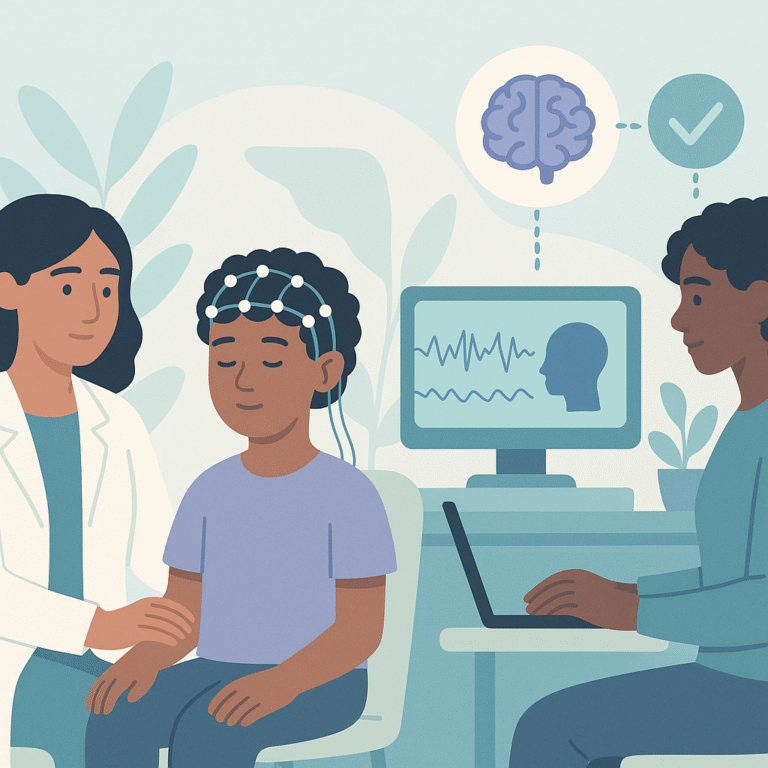Safe and Efficient Use of Antiseizure Medications
Summary
Researchers studied the safety and effectiveness of quickly giving antiseizure medications (ASMs) to patients, focusing on three specific drugs: lacosamide, levetiracetam, and valproate. They reviewed a total of 45 articles, including six randomized controlled trials, to understand how different methods of administration (like intravenous push or intravenous piggyback) affect patient outcomes. The goal was to see if faster administration could be done safely and if it would be more efficient in treating seizures.
The findings showed that giving these medications quickly did not lead to significant differences in patient outcomes compared to slower methods. While there was a slight increase in a specific heart measurement after lacosamide was given, it is unclear if this is a serious concern. Switching to a faster method of giving levetiracetam not only saved costs but also made the process more efficient without increasing side effects. Most side effects reported were mild, and serious issues were rare.
This research is important because it suggests that rapid administration of these ASMs is safe and can improve treatment efficiency, which is crucial in emergency situations. However, the study has limitations, such as variations in how the medications were given and the small number of serious outcomes reported. More research may be needed to confirm these findings and ensure the best practices for administering these medications in different settings.
Free: Seizure First Aid Quick Guide (PDF)
Plus one plain-language weekly digest of new epilepsy research.
Unsubscribe anytime. No medical advice.





